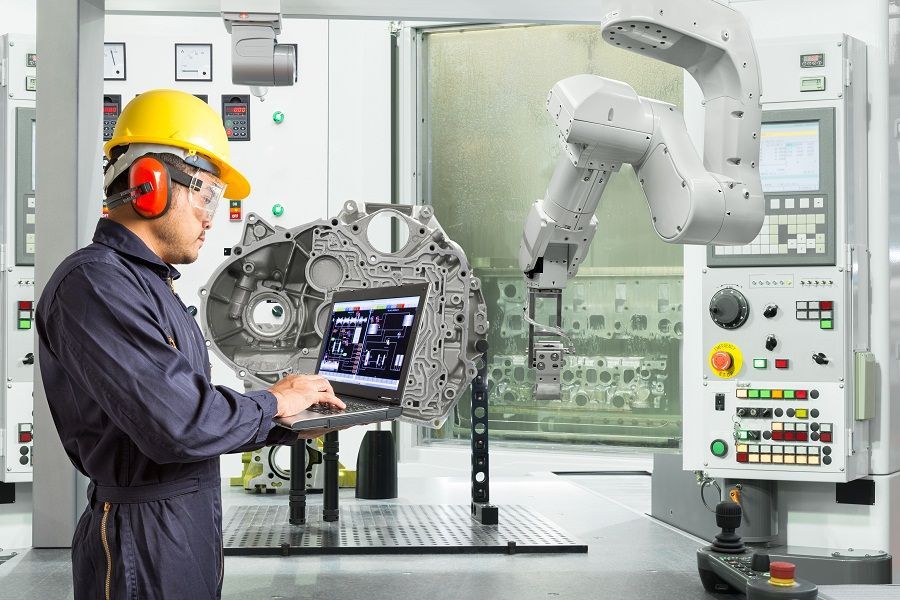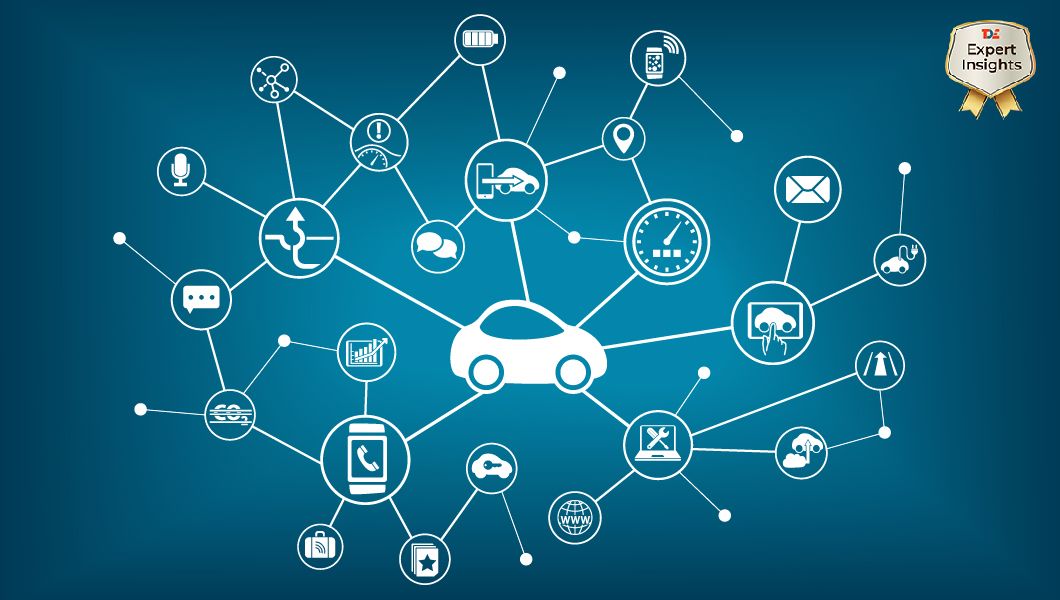How IoT is Driving Transformation in Industrial Manufacturing

Industrial manufacturing has seen serious transformation. Rapid technological advancement such as big data and analytics, Internet of Things (IoT), robotics and additive manufacturing, are enhancing the capabilities and value proposition of global manufacturing businesses. In order implement digital overhaul, the value chain should be redesigned and recalibrated followed by workforce retention. There should be an overall cost delivery analysis to determine the best places where supply, manufacturing and assembly operations can be carried out globally.
Communication across devices results in a plethora of advantages pertaining to the manufacturing sector. This includes improvement in decision-making, steady increase in productivity, efficiency in energy and supply chain management leading to lowering of product cost eventually. Smart IoT systems promotes fast manufacturing, active response to new product demands, and focused optimization of manufacturing and supply chain through a connected network of machinery, sensors and sophisticated control systems.
IoT systems are also spreading into asset management via predictive maintenance, statistical evaluation as well measurements to increase reliability. Smart integration of industrial management with the grid, is facilitating efficient energy consumption. Further, IoT and cloud-enabled GPS solutions are increasing the visibility of goods in transit. These solutions are making it possible to track separate items via chips that communicate to each other, enabling transmission of data such as identification, location, temperature, pressure and humidity.
There are three key technology shifts that are facilitating IoT deployments:
Data explosion
Globally connected devices are seeing stupendous growth, a few billion are already in use. Devices such as smart meters and appliances, RFID tags, connected cars, wearables etc. are generating huge amount of data about the environment around them.
Cloud intervention
Businesses are responding to evolving market dynamics in an agile and flexible way, thanks to cloud technology. Quick and cost-effective cloud platforms are available connecting people as well as devices globally.
Customer engagement
Consumers have increased decision-making ability and can function smarter thanks to the real-time information from mobile and social networks. There is also a seamless integration within business processes and workflow.
These factors have lead to IoT being the technology of choice for industrial manufacturing, thus aligning it with the rapid technology advancements, which promise a more customer-centric approach than production in a void.


 By
By 








